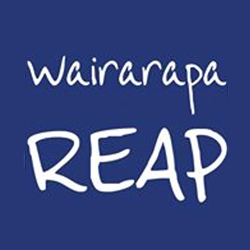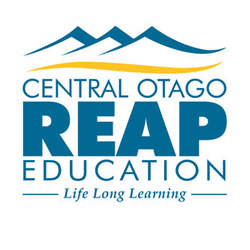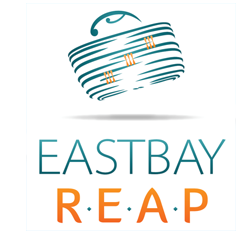
Adult and community education learners: Evaluation and review to support sustained learner success
Status
Completed: 22 March 2017
Project Details
A seven-month project to investigate successful learning in the Adult Community Education (ACE) sector. A collaboration of three Rural Education Activities Programme (REAP) centres in the Wairarapa, Central Otago and the Eastern Bay of Plenty.
Aims:
The project had three key aims:
- discover how successful learning is defined by learners in the Adult Community Education (ACE) sector
- identify how this definition can inform the programme design, interventions and activities offered the ACE sector
- use adult learners’ perceptions to inform any practice change and ensure programme delivery better meets learner needs.
Methodology:
The project methodology included:
- case studies
- focus-group interviews
- exploration of learning success, learner challenges, learner support mechanisms and future pathways and plans
- exploration of how to improve resource sharing and documentation of good practice among Rural Education Activities Programme (REAP) staff
- recognition of collaboration as a strength and key influence of the sector.
Team

Peter McNeur
Wairarapa REAP
Tracey Shepherd
Wairarapa REAP
Bernie Lepper
Central Otago REAP
John Chemis
East Bay REAP
Ryan Morrison
East Bay REAPStatus
Funding
$25,145.00 (excl GST)
Key Findings
Findings related to defining learning success
- Participants talked about their prior learning experiences, motivations, the benefits experienced and their future aspirations. A common thread was that ‘learning success’ is determined by an individual’s concept and experience.
Findings related to learner challenges and challenges to learning
- Learner challenges and challenges to learning were both internal (self-confidence, the belief that they can learn, and managing the academic requirements) and external, such as social issues, drugs and alcohol, and lack of local employment prospects.
Findings related to learner support mechanisms
- Examples of learner support mechanisms identified in the research included group work, one-on-one help from the tutor, different teaching and learning activities, and being given choices and options.
- An inclusive classroom environment that fostered a sense of ‘family’ and ‘community’ was also critical.
- The research found that the mechanisms supporting learning in the ACE context needed to corresponded with the learners’ identification of how they were supported in the three REAP environments.
Findings related to future pathways and plans
- Most learners undertook ACE study as an avenue to employment or higher qualifications.
- Some learners who were unsure of their ultimate direction used ACE study as a means of decision-making and skill development.
Findings related to good practice
- Three REAPs used a range of mechanisms to evaluate the effectiveness of ACE programmes and other strategies aimed at supporting learners.
- Tutor and stakeholder participants acknowledged that there was no existing bank of resources to ensure existing good practice was documented or shared more widely with the other ten REAPs across New Zealand.
- Collaboration between ACE providers and other community services was highlighted as a real strength of the sector.
- It was noted as a significant influence on the learning experiences and outcomes of ACE learners.
Key Recommendations
Evaluation model | Develop an evaluation model to establish essential learner-centric practices based on a description of learning success as described by learners.
Programme alignment to the evaluation model | Develop a tool that can be used by ACE training providers to align programme interventions and activities with learners’ views of successful learning.
A report prepared by Peter McNeur, Tracey Shepherd, Bernie Lepper, John Chemis, Ryan Morrison and Lesley Petersen (Petersen Consulting).
(PDF, 939 KB, 39-pages).
- 15 June 2017